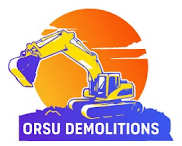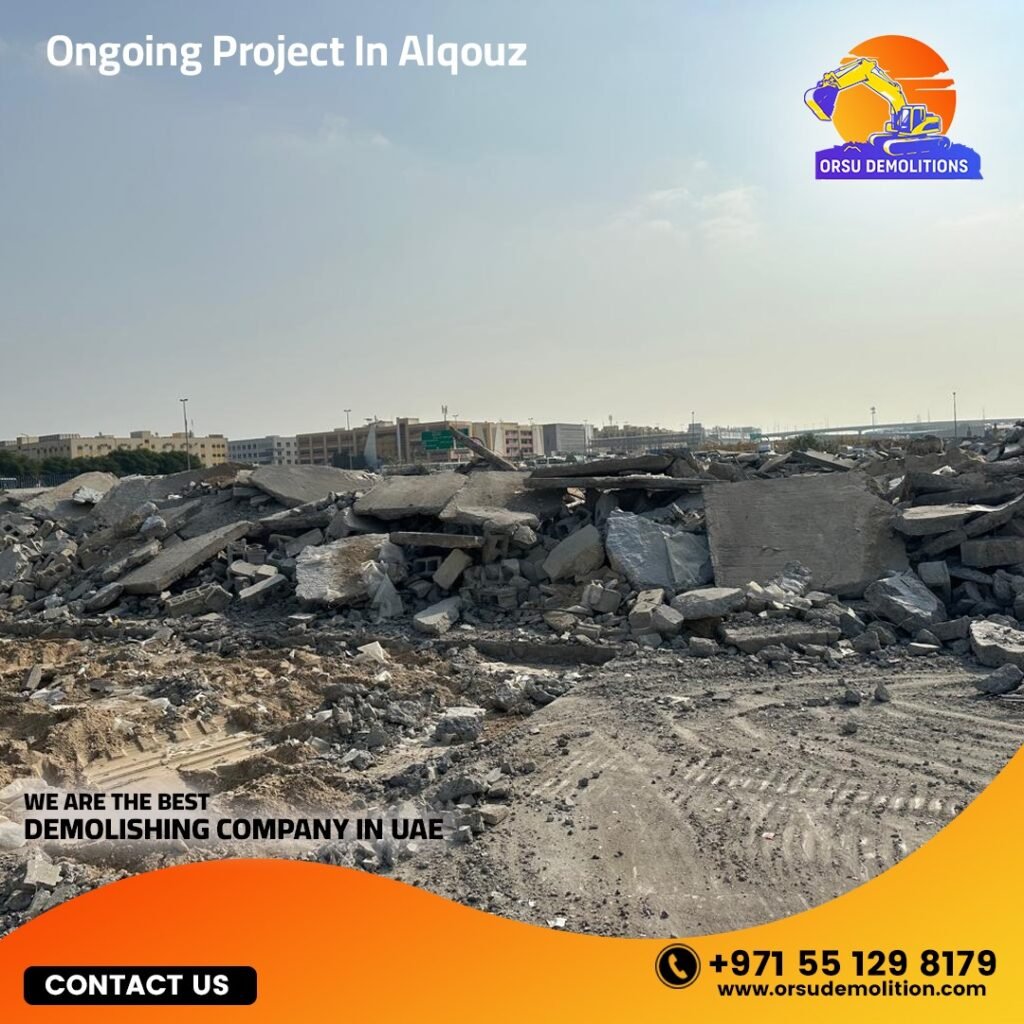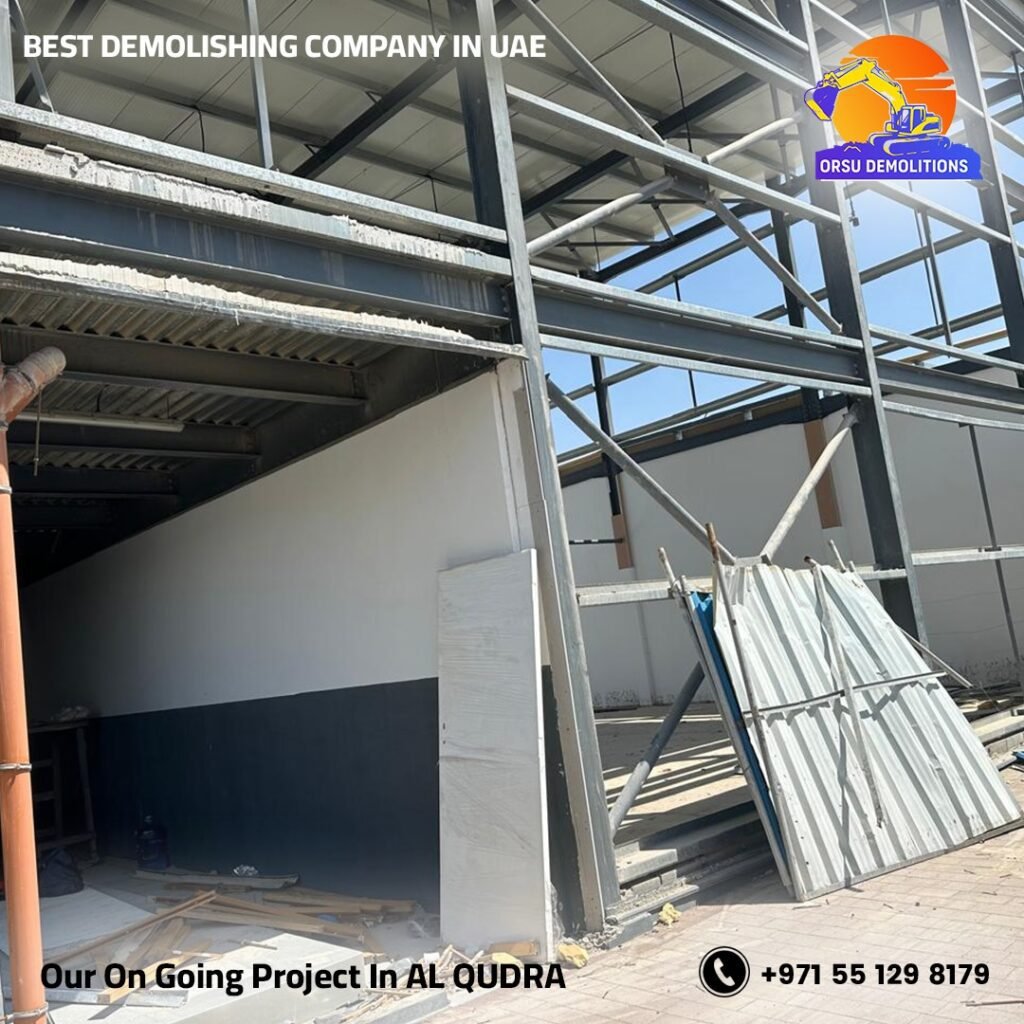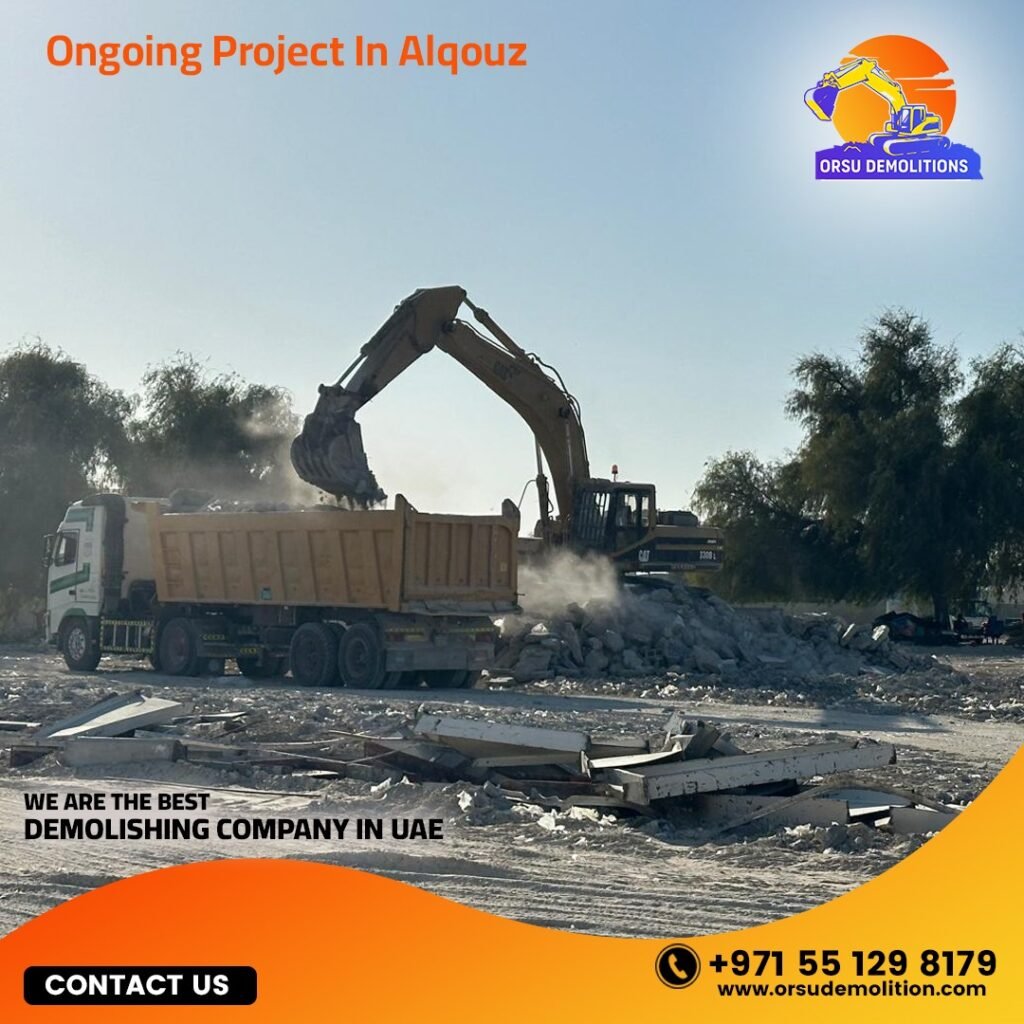Looking for efficient and best demolition waste management in Dubai? Orsu Demolition has you covered. We specialize in providing comprehensive demolition waste management services in Dubai, ensuring responsible handling and disposal of waste generated during demolition projects. With our expertise, advanced techniques, and commitment to sustainability, we are the preferred choice for demolition waste management.
Demolition projects can generate significant amounts of waste, including concrete debris, metals, wood, and other materials. Proper management of this waste is essential to minimize environmental impact and promote sustainable practices. At Orsu Demolition, we understand the importance of responsible waste management and employ effective strategies to handle and dispose of demolition waste in an environmentally friendly manner.
Our demolition waste management process begins with careful sorting and segregation of materials. We have dedicated teams and facilities to handle specific types of waste, ensuring proper separation for recycling and reuse. Concrete debris is processed and crushed for use as aggregate in new construction projects, reducing the need for virgin materials and conserving resources. Metals are recycled, while wood and other salvageable materials are repurposed or donated, further minimizing waste.
As part of our commitment to sustainability, we actively promote recycling initiatives. We work closely with authorized recycling facilities in Dubai to ensure materials are processed according to environmental regulations. By maximizing the recycling potential of demolition waste, we contribute to the circular economy and reduce the burden on landfills.
Orsu Demolition also emphasizes compliance with waste management regulations in Dubai. We stay up-to-date with local laws and regulations, and our team is trained in proper handling and disposal procedures. We maintain meticulous records to demonstrate adherence to waste management guidelines.
Safety is paramount in our demolition waste management process. Our team is equipped with personal protective equipment (PPE) and trained in safe handling practices. Hazardous materials, if present, are carefully identified, segregated, and disposed of in accordance with regulatory requirements.
Choosing Orsu Demolition for demolition waste management in Dubai brings several benefits. Our services ensure that your project complies with environmental regulations, contributes to sustainability goals, and runs efficiently. Effective waste management also streamlines the demolition process, reduces downtime, and improves project timelines.
At Orsu Demolition, we prioritize client satisfaction. We maintain open and transparent communication throughout the waste management process, keeping clients informed about progress and addressing any concerns promptly. We understand the importance of timely, efficient, and high-quality demolition waste management and strive to deliver exceptional service that exceeds expectations.
In summary, Orsu Demolition offers comprehensive demolition waste management in Dubai. With our expertise, commitment to sustainability, and focus on safety and client satisfaction, we provide efficient and responsible handling and disposal of demolition waste. Contact us today to discuss your demolition waste management needs and experience the exceptional services we offer.
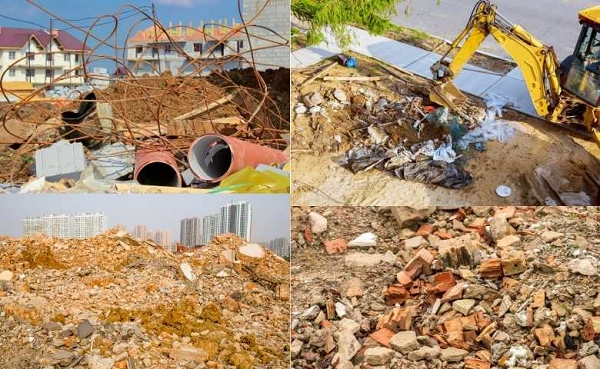
why choose Orsu - The best demolition waste management in Dubai
